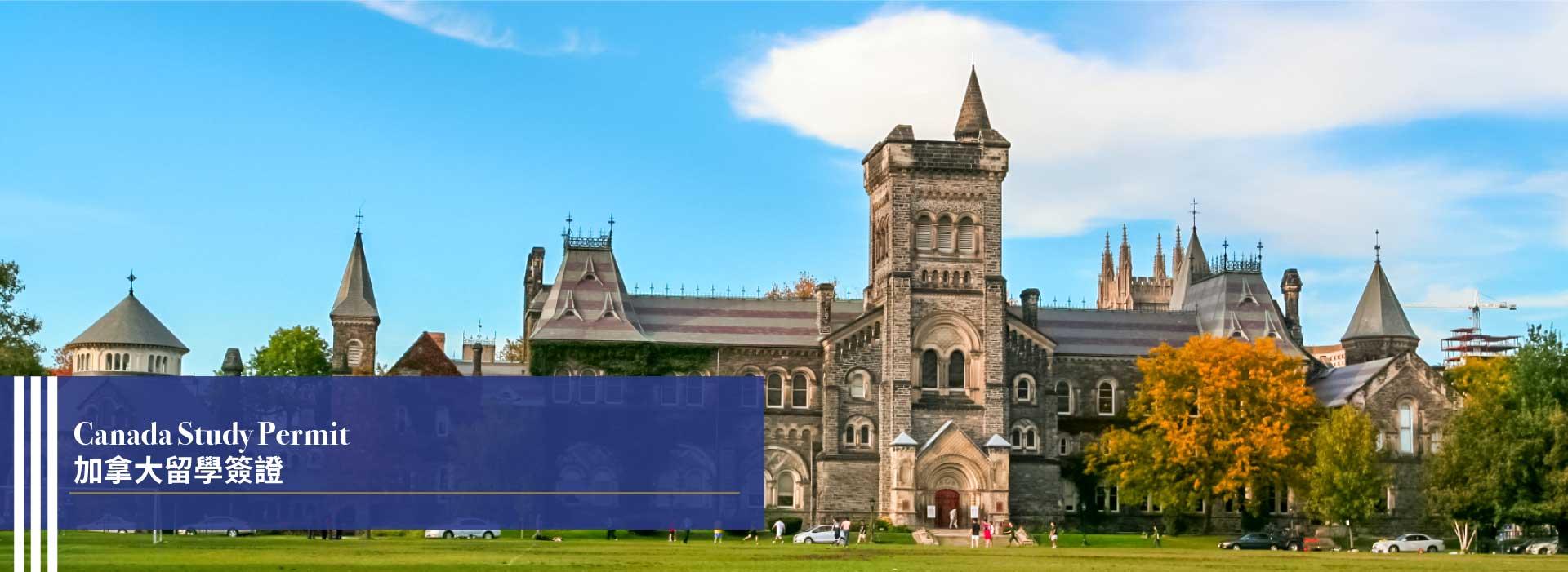Canada Study Permit
Studying abroad is one of the main ways of immigrating to Canada. After completing post-secondary education in Canada, students can apply for a Post-Graduation Work Permit to stay and work in Canada
There are several avenues for graduates to gain Canadian residency, including the provincial nominee program, federal skilled immigration, and a potential direct immigration pathway for young people from Hong Kong in the future.
We offer assistance over school applications, student visas, and help plan your immigration pathway.
Studying abroad is one of the main ways of immigrating to Canada. After completing post-secondary education in Canada, students can apply for a Post-Graduation Work Permit to stay and work in Canada
There are several avenues for graduates to gain Canadian residency, including the provincial nominee program, federal skilled immigration, and a potential direct immigration pathway for young people from Hong Kong in the future.
We offer assistance over school applications, student visas, and help plan your immigration pathway.




Popular courses
- Cybersecurity
- Web design and development
- Health professions and clinical sciences
- Business administration
- Culinary
Tuition fees in Canada
- Post-secondary college: $10,000 – 25,000 CAD/year
- Bachelor's course: $10,000 – $30,000 CAD/year
- Master's program: $15,000-$35,000 CAD/year
Accompanying Family Members
- Your spouse or common-law partner, and
- Your dependent child under 22 years old
Popular College
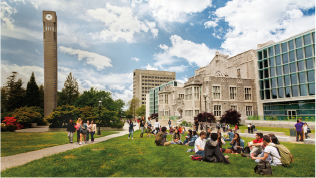 |
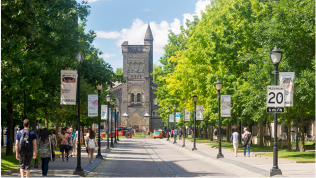 |
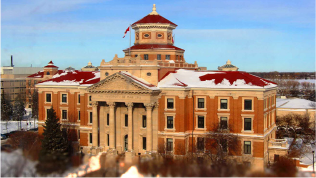 |
| University of British Columbia | University of Toronto | University of Manitoba |
 |
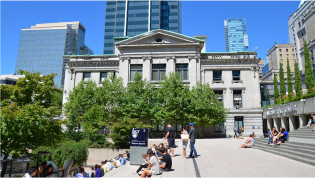 |
 |
| Centennial College | Vancouver Community College | British Columbia Institute of Technology |
Application Process:










FAQ
1. Can I work while on a Study Permit?
An international student may be eligible to work in Canada while studying if your study permit includes a condition to allow you to work.
2. How many hours can I work on a Study Permit?
Study permit holders may be allowed to work for up to 20 hours per week during regular academic sessions and full time during scheduled breaks.
3. Can my spouse or common-law partner work in Canada too?
A spouse or common-law partner of a valid study permit holder, who is enrolled full-time at a qualified post-secondary institution, may be eligible to apply for an open work permit.
4. Do my children receive free education in Canada?
If your study permit is approved, your dependent children will be entitled to study permits and they can receive free education in public school.
5. How can I change my study permit if I want to change school or program?
For post-secondary students, you may change your school, program or field of study without applying for a new study permit or a change to the condition of your study permit.


